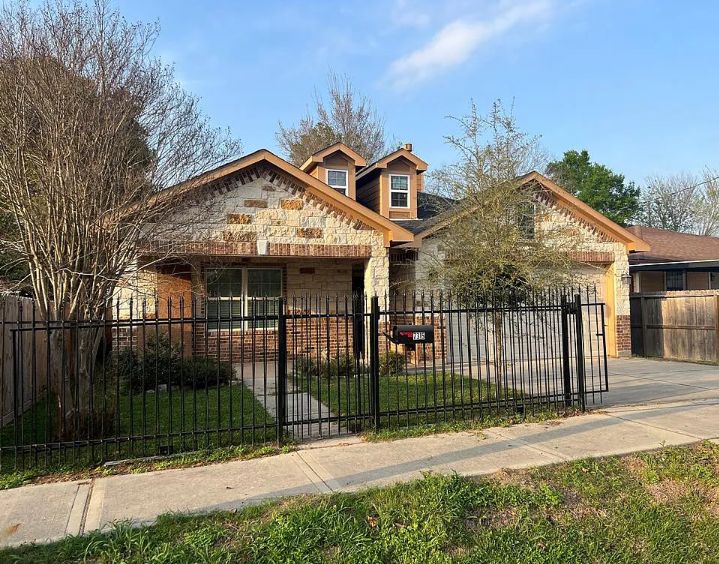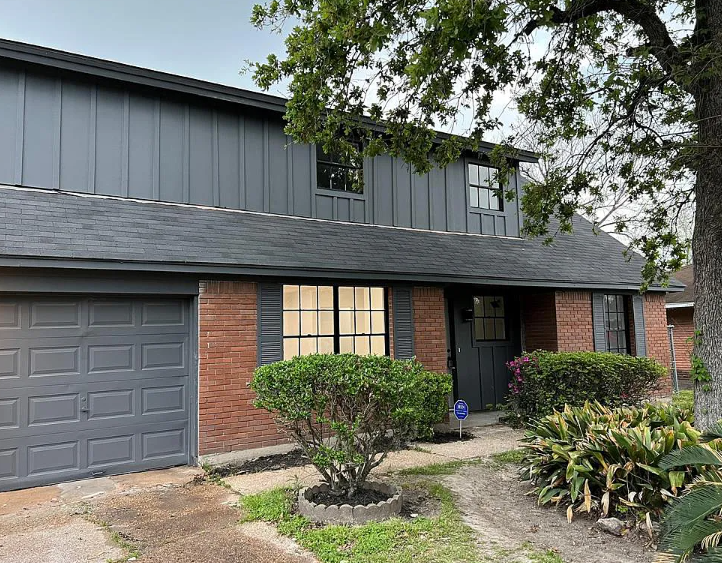The Pros and Cons of Buying a Fixer-Upper
Introduction: Buying a fixer-upper can be an enticing option for homebuyers looking to make their mark and potentially save money. However, it’s essential to carefully consider the pros and cons before diving into a fixer-upper project. In this blog post, we’ll explore the advantages and disadvantages of buying a fixer-upper to help you make an informed decision.
Pros of Buying a Fixer-Upper:
- Lower Purchase Price: Fixer-uppers are often priced lower than move-in ready homes in the same area. This can provide an opportunity to enter the market at a lower cost or potentially afford a home in a desirable location that would otherwise be out of reach. The lower purchase price can also allow for more flexibility in terms of renovations and upgrades.
- Personalization and Customization: Buying a fixer-upper gives you the opportunity to create a home that reflects your personal style and preferences. You can choose the materials, finishes, and design elements that align with your vision. This level of personalization can be rewarding and result in a home that truly feels like your own.
- Potential for Increased Value: When done right, renovating a fixer-upper can lead to a significant increase in property value. By investing in strategic upgrades and improvements, you can enhance both the functionality and aesthetics of the home, making it more appealing to future buyers. This potential for increased value can be a long-term financial benefit.
Cons of Buying a Fixer-Upper:
- Time and Effort: Taking on a fixer-upper requires a considerable amount of time and effort. Renovations and repairs can be time-consuming, and unexpected issues may arise along the way. Depending on the scope of the project, it may take months or even years to complete all the necessary work. Be prepared for a potentially lengthy process and the challenges that come with it.
- Financial Considerations: While fixer-uppers may have a lower purchase price, it’s important to consider the overall financial implications. Renovations and repairs can quickly add up, and costs can exceed initial estimates. Create a detailed budget and ensure you have the financial resources to cover both the purchase and renovation expenses. Consider working with a contractor or renovation specialist to get accurate estimates.
- Potential for Overwhelming Projects: Fixer-uppers may come with significant structural, electrical, or plumbing issues that require professional expertise to address. Some projects may be beyond the scope of a DIY enthusiast and require hiring contractors or specialists. Assess your own skills, experience, and comfort level with undertaking major renovations before committing to a fixer-upper.
- Uncertainty and Unforeseen Issues: When buying a fixer-upper, there’s always the risk of unexpected issues arising during the renovation process. Hidden problems, such as water damage, mold, or foundation issues, may only be discovered once work begins. These additional challenges can add complexity and cost to the project. Have a contingency plan and factor in a buffer for unexpected expenses and delays.
Conclusion: Buying a fixer-upper can be a rewarding experience for those willing to put in the time, effort, and financial resources to transform a property. Lower purchase price, personalization opportunities, and potential for increased value are some of the key advantages. However, it’s crucial to carefully consider the time commitment, financial implications, potential for overwhelming projects, and uncertainty of unforeseen issues. Evaluate your own abilities and resources, and weigh the pros and cons before deciding if a fixer-upper is the right choice for you. With proper planning and realistic expectations, a fixer-upper can be a fulfilling and financially viable investment.

